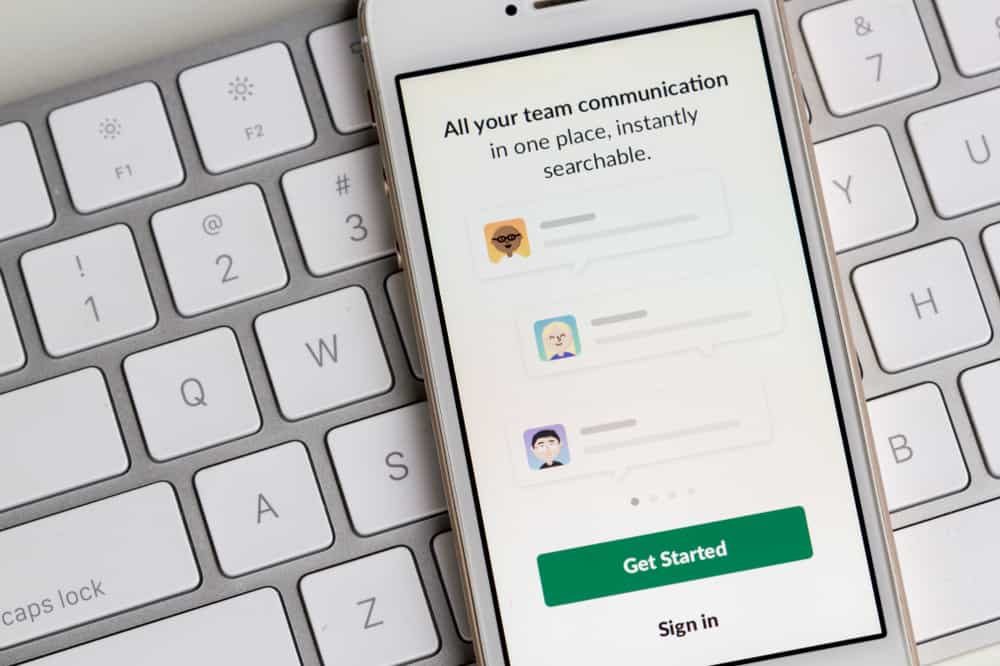Most times, Slack launches at startup. If running the app at startup is unnecessary, you need to disable this feature to stop it from immediately running after you switch on your computer. But how do you stop Slack from opening on startup? This tutorial will teach you how to stop Slack from opening on startup.
Overview of Slack and How To Stop It From Opening on Startup
Since its inception in 2009, Slack has become a favorite workplace instant messaging platform. Its intuitive user interface and customizable features make it a top choice for many teams worldwide. Slack is one of the few apps that may automatically open when you start a computer. This automatic launch is convenient when you use the app daily to connect with teammates. However, opening at startup may be unnecessary if you only use the app once in a while. Besides, allowing too many applications to launch at startup may slow down your computer. If you want to disable Slack from launching at startup, read on to discover your options.
How To Stop Slack From Opening on Startup
There are two ways to stop Slack from opening on startup; disabling it from within the app and using the settings app on your computer. Let’s discuss each method in detail below.
Method #1: Stopping Slack From Opening on Startup in the App Settings
Follow these steps to disable Slack auto-launch from the app settings: You have successfully stopped Slack from opening on startup.
Method #2: Stopping Slack From Opening on Startup From the Computer Settings
This method varies depending on whether you use a Windows or macOS computer. Let’s start with disabling Slack opening at startup on Windows.
How To Stop Slack From Opening on Startup on Windows
Slack will no longer automatically launch when you start your computer.
How To Stop Slack From Opening on Startup on macOS
Follow the steps below: You have stopped Slack auto-launch on startup.
Wrapping Up
Slack may be set to open at startup, which is convenient if you use the app for daily interactions with your team. At the same time, allowing the app to auto-launch at startup is unnecessary if you only use it once in a while. Stopping its auto-launch frees up memory and speeds up your computer. Luckily, you can stop the app from opening on startup from within its settings or through your computer’s settings.
